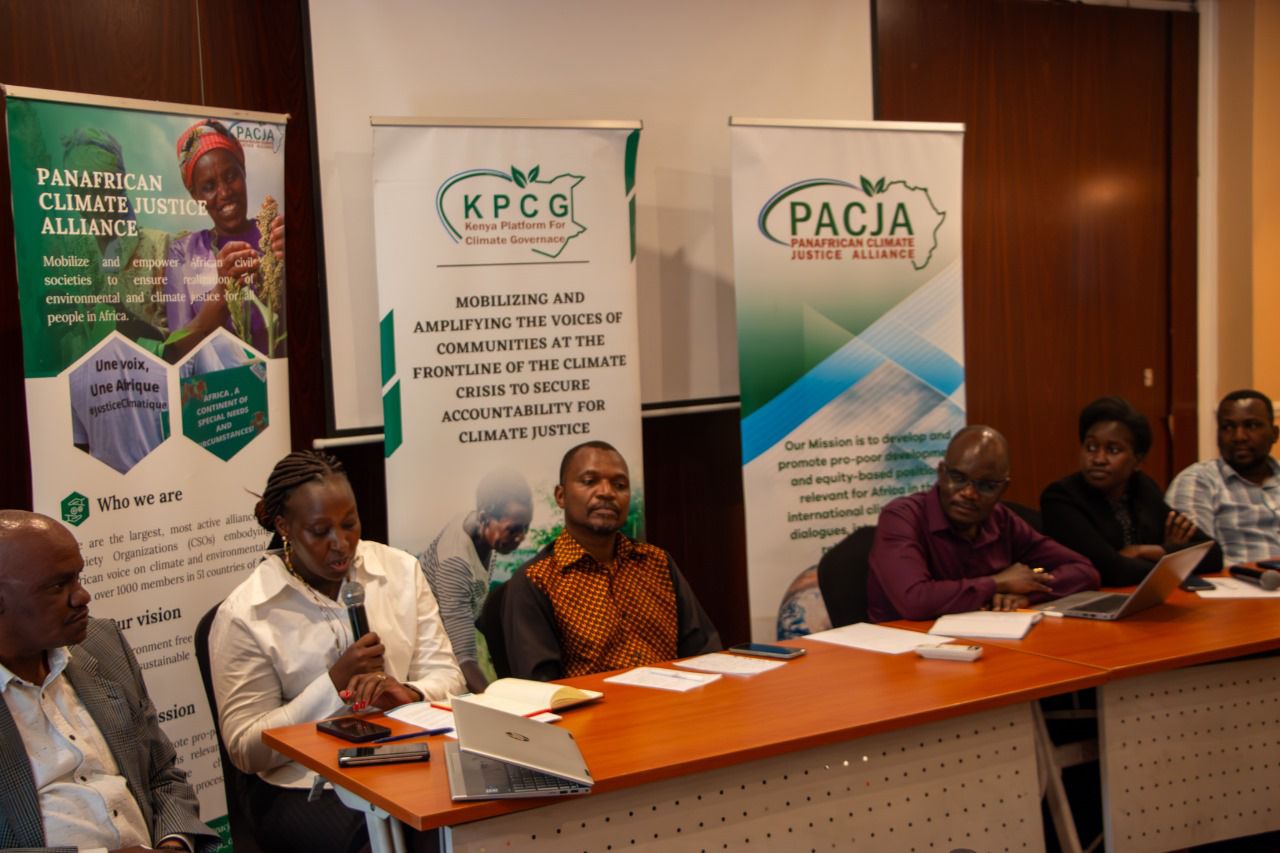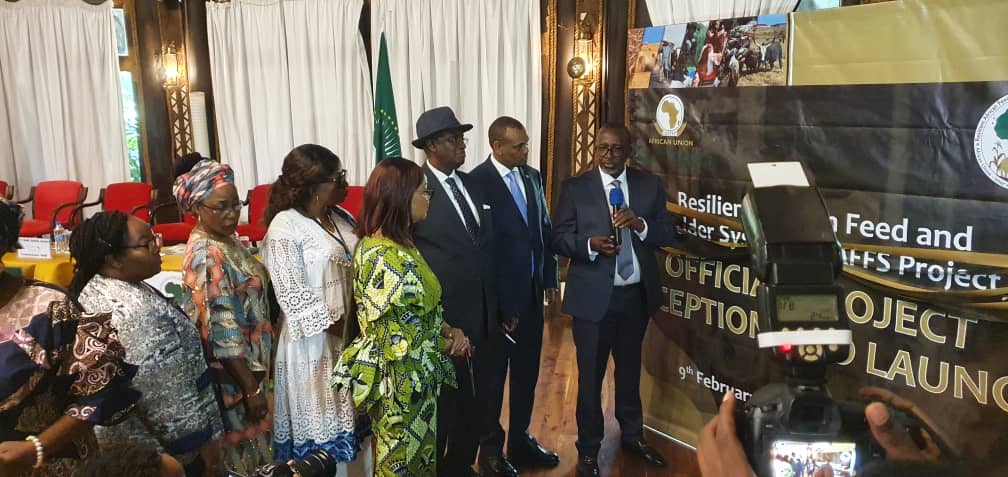Pan-African Climate Justice Alliance raises concerns about the effectiveness of the GCF in addressing the priority needs of African countries.

Addressing the media at Sarova Stanley in Nairobi on 7 March 2024, non-state actors in Africa called for a reassessment of the GCF’s approach to funding and supporting climate initiatives on the continent.
They stressed the need for greater transparency, accountability and involvement of local communities in decision-making. The GCF Board meeting in Kigali is an opportunity to address these issues and ensure that climate finance truly makes a difference in Africa.
During the press briefing, the group said they were disappointed by the low level of funding in Africa compared to the rest of the developing world, and that GCF funding was trickling down at a snail’s pace, exacerbating the climate crisis and preventing countries from embarking on low-carbon and climate-resilient development.
“We are concerned about the GCF’s failure to provide relevant readiness support to African countries at scale, and the significant challenges African countries face in developing robust project proposals that meet the GCF’s stringent criteria for additionality, climate relevance, transformational impact and alignment with national priorities,” their statement said.
In the spirit of breaking the silence and global conspiracy against communities most affected by climate change that has characterized the delivery of GCF funds and programmes in Africa.
The GCF Secretariat is urged to develop a holistic, accountable and transformative framework for engagement with African non-state actors, civil society organisations and communities most affected by climate change on the continent, beyond the space of observer status.
Strengthen community and CSO oversight mechanisms in the GCF by expanding their roles to include active participation in project design, implementation, monitoring, evaluation and reporting.
Reform National Designated Authorities by defining a holistic and inclusive representation of agencies, including communities and civil societies, in the overall governance of the national space that will vet and accredit entities for access to the GCF.
Call on the GCF Board to secure the interests of the frontline communities through monitoring progress on the implementation of Locally Led Adaptation Principles.
Create a distinct window for communities and civil societies as a matter of urgency, design a distinct direct access window for the submission and review of proposals
from local communities and African CSOs to address inequality and injustices that has hitherto characterized the fund.
Call on UNFCCC to work with the UNFCCC and governments across Africa to ensure multilateralism requirements do not
impede the delivery of climate finance at the frontline at the speed and scale required.
Read More on:RTI Celebrates 61st Graduation Ready to Drive




